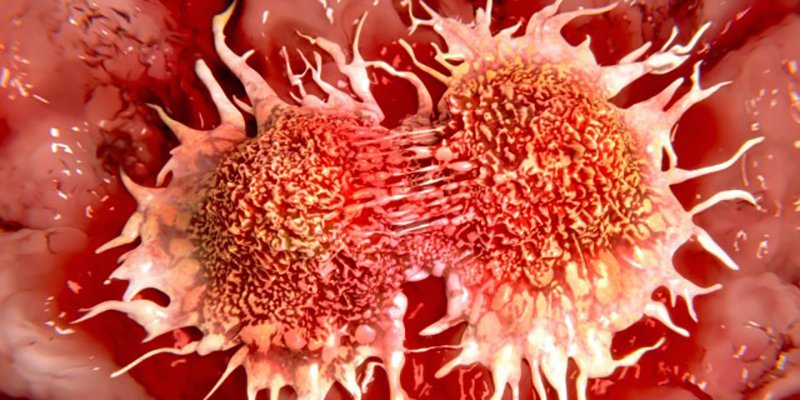State's cancer report card shows survival and treatment are improving in ISLHD

The state’s latest cancer report card shows Illawarra Shoalhaven Local Health District (ISLHD) continues to make important improvements in cancer outcomes.
The Cancer control in NSW: Statewide report 2018 by the Cancer Institute NSW shows that of the 15 reported Local Health Districts, ISLHD had the second lowest smoking rate among adults at 9.9 per cent compared to the state average of 15.2 per cent.
ISLHD also performed significantly higher than the state average when cancer patients provided feedback on the coordination and continuity of care, with 94 per cent of patients reporting that they were informed about who to contact about their condition or treatment after leaving the clinic and 87 per cent of patients saying the care they received at the clinic was very well organised.
ISLHD Cancer Care Division Co-Director, Nicola Ryan, said lessening the impact of cancer on people in NSW remains a top priority and is being achieved in vital ways.
“In 2019, more than 2,900 people in ISLHD will be told they have cancer and there will be about 1,040 cancer deaths. However, survival has continued to improve for most cancers, as has the number of people taking part in life-saving cancer screening,” Ms Ryan said.
“Our Cancer Clinical Trials portfolio continues to grow and we are excited that a number of clinical trials will be introduced shortly at the Shoalhaven Cancer Care Centre, enabling Shoalhaven residents to access clinical trials locally,” she added.
The Cancer control in NSW: Statewide report 2018 is one product of the Cancer Institute NSW’s Reporting for Better Cancer Outcomes program, which analyses and reports on key cancer control indicators.
Chief Cancer Officer and CEO of the Cancer Institute NSW Professor David Currow said every LHD across the state was working towards reducing the impact of cancer.
“There is still much work to do in reducing unwarranted variation in cancer care and outcomes. The Cancer Institute NSW will be working with local health services to build on these findings and improve the cancer care, support and information we provide,” Professor Currow said.
“Improving cancer outcomes is a critical undertaking that we’re pursuing in partnership with clinicians, researchers and policy makers. This is a team effort across the entire health sector, both government and non-government, to ensure people with cancer receive the best care no matter where they live and where they are treated.”
Download a PDF of this media release
